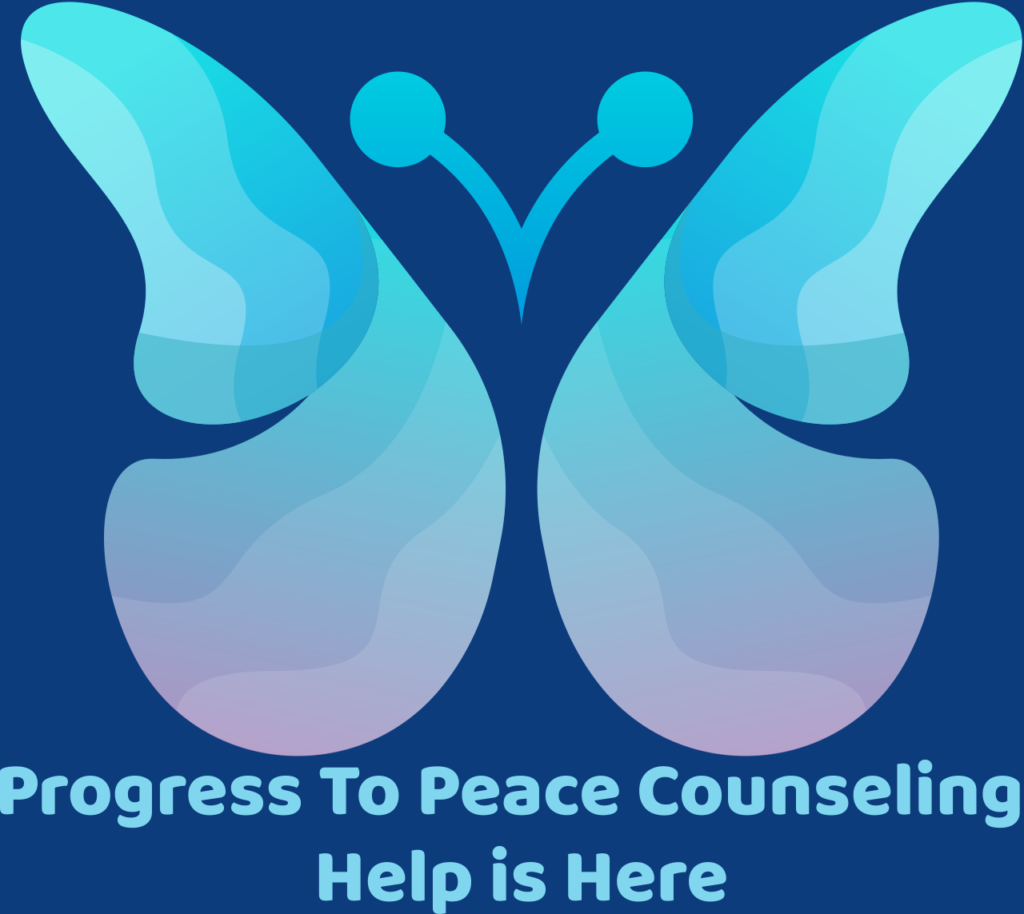
Understanding Emotional Intelligence and Why It Matters
Emotional intelligence is the ability to recognize, understand, and manage our own emotions, as well as the emotions of others. It includes self-awareness, self-regulation, empathy, and social skills. High EQ is linked to better mental health, stronger relationships, and more success in both personal and professional areas of life. When someone has strong emotional intelligence, they can navigate stressful situations more calmly, communicate more effectively, and connect with others on a deeper level.
For many, emotional intelligence doesn’t come naturally. Whether due to upbringing, past experiences, or trauma, some individuals struggle to identify their emotions or control their reactions. This can lead to issues such as unresolved anger, anxiety, conflict in relationships, or difficulty coping with stress. Developing emotional intelligence is crucial for emotional well-being and building resilience, and therapy provides an ideal setting to foster this growth.
How Therapy Cultivates Self-Awareness
One of the core components of emotional intelligence is self-awareness—the ability to understand and recognize your own emotions. Many people operate on autopilot, reacting to their emotions without fully understanding why they feel the way they do. Therapy helps individuals slow down and explore their emotional landscape. Through reflective conversations and guided questioning, therapists can help you identify emotions that may be buried or misunderstood.
By exploring thoughts and feelings in therapy, clients begin to notice patterns—what triggers certain emotions, how they tend to react, and how these responses impact their lives. This self-awareness is the foundation of emotional intelligence. Once you can identify and name your emotions, you are in a better position to manage them effectively.
Learning to Manage Emotions and Respond Constructively
Emotional regulation—another key aspect of emotional intelligence—is the ability to manage your emotions in a healthy, constructive way. Many people struggle with this, especially when they feel overwhelmed, angry, or anxious. Therapy can teach individuals how to regulate their emotions by practicing mindfulness, using grounding techniques, or challenging negative thought patterns.
Strengthening Empathy and Building Healthier Relationships
Empathy—the ability to understand and share the feelings of others—is a vital part of emotional intelligence. Without empathy, it’s difficult to build meaningful connections or respond to others’ needs in relationships. Many people struggle with empathy, either because they are too absorbed in their own emotional turmoil or because they were never taught to tune into others’ feelings.
Therapy can help develop empathy by encouraging individuals to see situations from other perspectives. Through role-playing exercises or discussions about interpersonal dynamics, therapists help clients practice understanding others’ emotional experiences. This increased empathy not only strengthens personal relationships but also improves communication skills and conflict resolution, making interactions with others more fulfilling and constructive.
Conclusion
Emotional intelligence is a critical skill that can improve every area of life, from mental well-being to relationships. Therapy provides a structured space to cultivate self-awareness, learn emotional regulation, and build empathy, helping individuals grow into more emotionally intelligent and resilient people. By improving emotional intelligence, therapy empowers individuals to lead more balanced, fulfilling lives, and better handle whatever challenges come their way.














